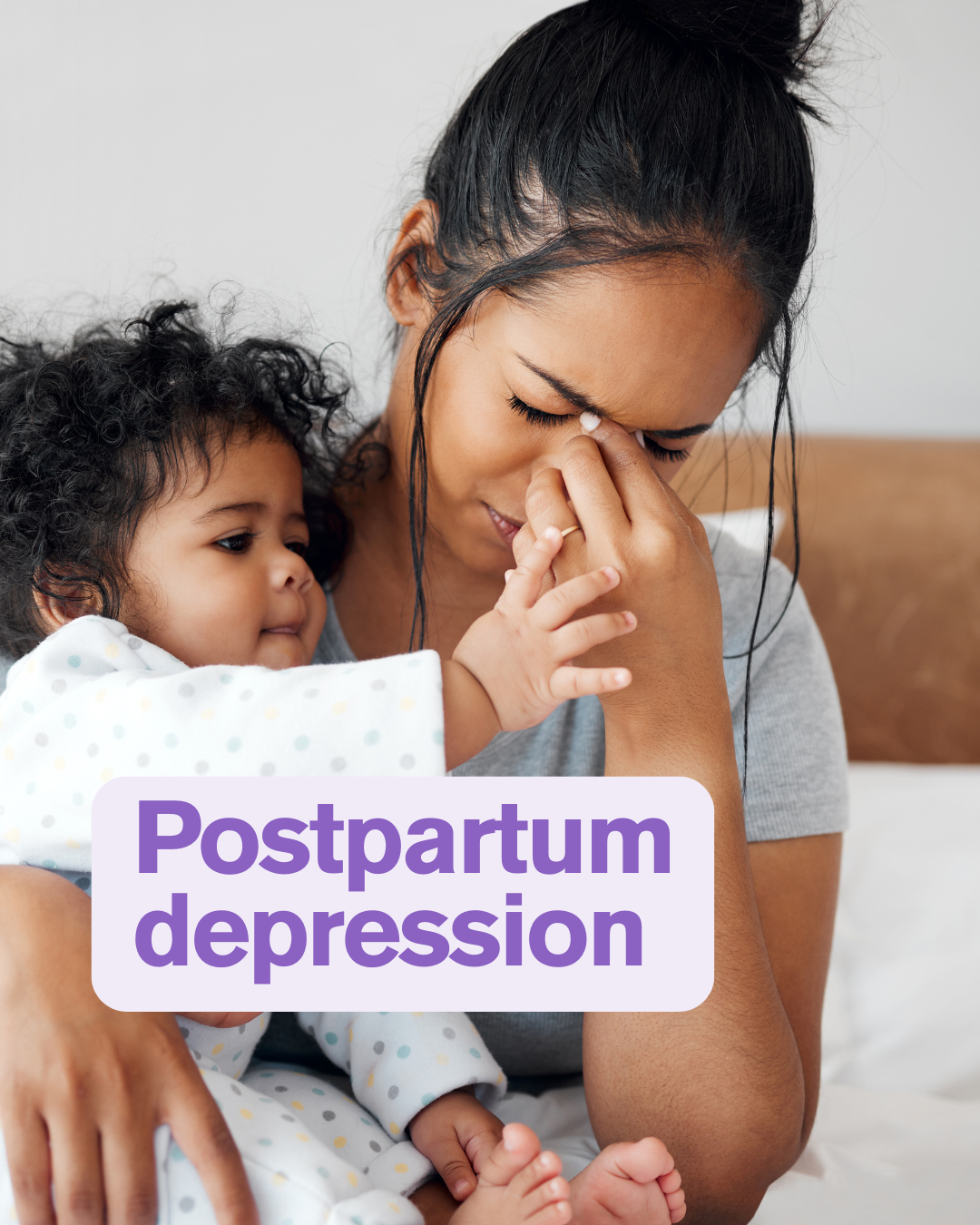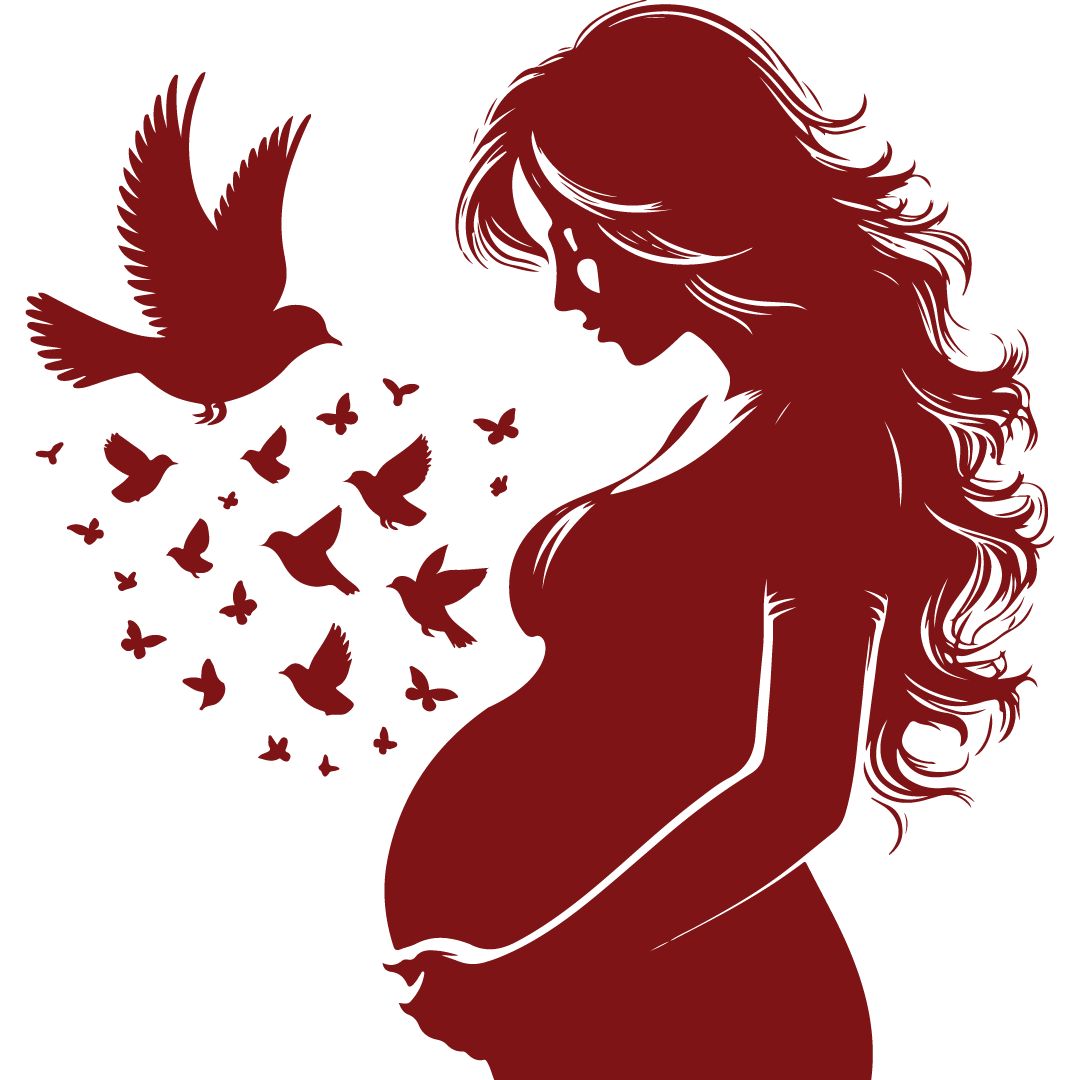
How to deal with postpartum depression
Published: January 28, 2026
Understanding Postpartum Depression: What Every New Mother Should Know
Bringing a new life into the world is a beautiful experience - but for many women, the postpartum period can be unexpectedly overwhelming. While joy and love are part of the journey, so too can be anxiety, exhaustion, and deep sadness. This emotional struggle is known as postpartum depression (PPD) - and it’s far more common than most people realize.
What Is Postpartum Depression?
Postpartum depression is a mental health condition that affects women after childbirth. It goes beyond the typical 'baby blues'- which usually resolve within a week or two. PPD can last for months and significantly impact a mother’s ability to bond with her baby or care for herself.
Common Symptoms of Postpartum Depression:
Persistent sadness, crying spells, or feelings of emptiness
Difficulty sleeping or sleeping too much
Loss of appetite or overeating
Extreme fatigue or lack of motivation
Feeling disconnected from the baby
Intense irritability or anger
Feelings of guilt, shame, or worthlessness
Thoughts of self-harm or of harming the baby (in severe cases)
Why It Happens
Postpartum depression can arise due to a mix of physical, emotional, and hormonal changes after childbirth. Sudden drops in estrogen and progesterone levels, sleep deprivation, birth trauma, or lack of social and family support can all be contributing factors.
You’re Not Alone — And You Deserve Support
At Avnita, we believe that maternal mental health is just as important as physical recovery. No mother should suffer in silence. Whether it’s through therapy, support groups, holistic wellness practices like yoga, or simply being heard, help is available.
If you or someone you love may be struggling with postpartum depression, reach out to us. Talk to a professional. Share your feelings. Healing begins with one brave step.
Because a healthy mother means a thriving baby.
— Team Avnita
